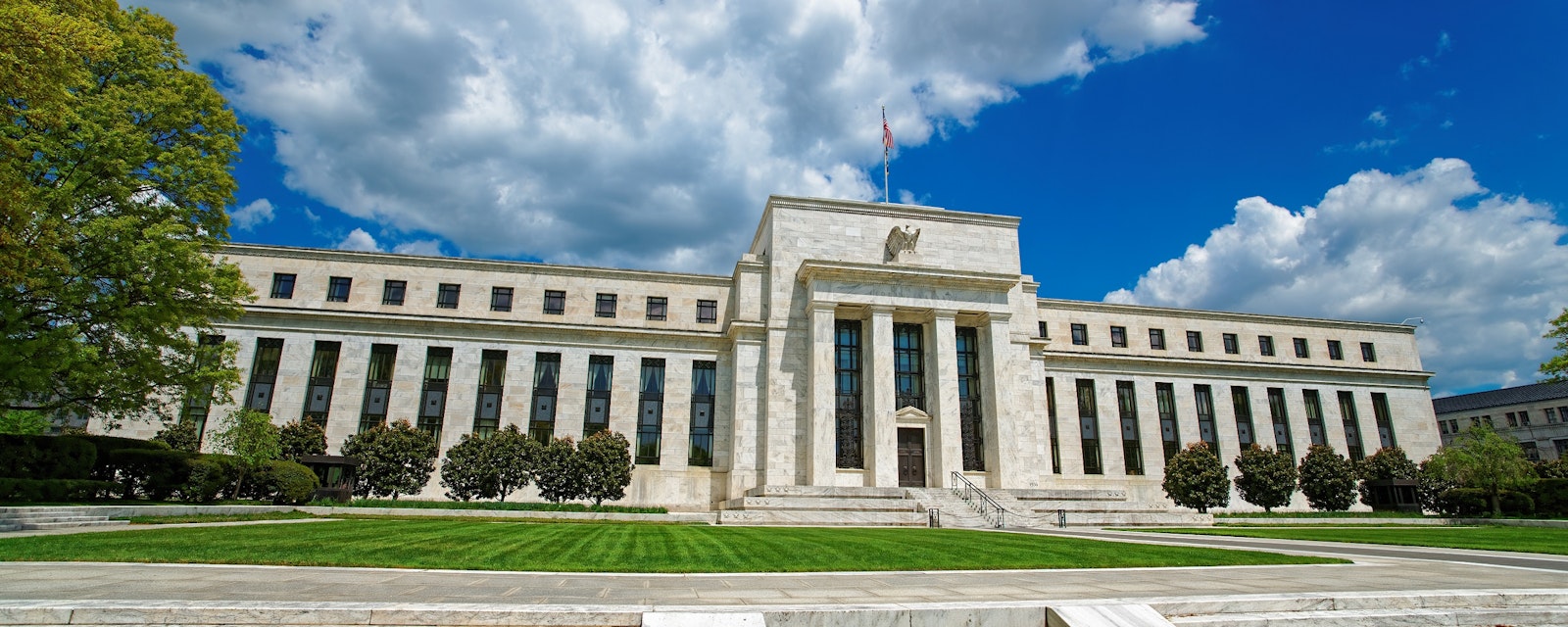Is a recession coming? Many experts think it is inevitable. Unlike the last recession in 2008-09, global regulators and governments may struggle to guide the economy to a soft landing. What can CEOs and boards do to combat the myriad challenges thrown by the impending economic downturn?
Teneo experts Daniel Butters, CEO of Financial Advisory, and Jay Goffman, Client Chairman of Financial Advisory, join our host Kevin Kajiwara for a timely discussion on the global economic operating environment and how to weather the storm during this period of economic and geopolitical turmoil.
What Are Corporate Leaders Thinking About
There is a general consensus that the U.S. economy is likely to experience a recession in 2022, and it is vital that company leaders start planning for “what if” scenarios. What if the price of fuel doesn’t drop? What if Russia cuts off European companies from gas and oil? What if the Fed can’t engineer a soft landing for the economy? CEOs and boards need to be asking themselves these questions and putting together task forces within their companies to start scenario planning for these situations.
This Recession Will be Much Different than the 2009 Recession
While it’s important that business leaders learn from the 2009 recession, they also need to prepare for one that will look extremely different to previous recessions. The 2009 economic downturn was primarily based around the availability of credit and the credit crisis that ensued. While it was very painful to the global economy, once the financial markets were restored and confidence was regained in the financial and banking system, the emergence from the recession was very quick.
The lengthening war in Ukraine, the supply chain crisis and ongoing energy issues are three factors that will likely tip our fragile economy into a slump. The financial system is in a stronger place now than it was in 2009, but that means that central banks won’t be able to fix it by adding liquidity to the system. We’re also dealing with runaway inflation, and the only way to stop inflation is to raise interest rates above the rate of inflation. Once these interest rates are raised, we will most likely see a recession.
Since we haven’t experienced a recession in 15 years, there are many companies that should have restructured but didn’t because of low interest rates and other actions from the central bank. These low interest rates have also caused many companies to take on extreme levels of debt, so when interest rates rise and the recession hits, many of these companies will have to scramble to fix their balance sheets to avoid going out of business.
Role of Government
Our elected officials in congress are extremely behind the curve on the economy. They are still focused on past issues, and both sides look at those issues extremely differently. They won’t agree on how to move forward on these issues, so it’s unlikely any legislation will be enacted that significantly changes anything. This means that it will be up to the Fed and the central banks to take action. In the past 15 years, the Fed has added liquidity to the financial system and lowered interest rates to avoid recessions. In today’s climate they will be forced to raise interest rates to tame inflation with the hope of achieving a proverbial soft landing for the U.S. economy. However, research suggests that engineering a soft landing is highly improbable and that there is a significant likelihood of a recession in the not too distant future.
Issues by Industry
During the pandemic, restructuring professionals were working with traditional, brick-and-mortar retailers who had lost their customer base. Now, restructuring professionals are working with pure online retailers who had previously been cannibalizing the brick-and-mortar retailers. These online retailers were enjoying meteoric growth previously, but now broken supply chains, energy costs and ESG issues are impacting their business.
The real estate industry will need to repurpose a lot of their properties. Many corporations around the globe are starting to think about downsizing their real estate footprint as companies continue to allow employees to work from home. This will be a growing threat to the bottom line of owners of traditional office buildings who will struggle to find replacement tenants willing to pay the same level of rent as previous tenants.
After two years of empty airports, the demand for travel is at a high, which has allowed the airlines to pass the increased cost of fuel onto the consumers. Eventually, if the cost of flying keeps increasing, consumers won’t be willing to continue to pay higher costs. Luckily, the airline industry is heavily consolidated and resilient, but they will likely still have to reconfigure their balance sheets at some point to keep up with rising costs.
Russia
Following Russia’s invasion of Ukraine, companies that operate in Russia had to decide whether to exit their Russian businesses or put them on pause. It is becoming clear that the war in Ukraine could drag on for a very long time, meaning it will be very expensive to keep those businesses on pause. Those who exited their Russian businesses early on will be happy with their decision as the conflict continues to drag on. If your company is going to have to write off significant assets in Russia and it’s going to affect your revenue, it’s better to have those conversations with your lenders as soon as possible rather than waiting until after the recession hits.
Building in Redundancies
Due to the pandemic, many more companies are thinking about building redundancies into their supply chain to enhance their resiliency. Companies that are heavily reliant on Chinese imports for their products may be forced to accelerate their supply chain to create a buffer in case the Chinese supply chain gets shut down. This will have a significant effect on their profit margins, but it will protect them from a business shut down if the supply chain gets interrupted.




